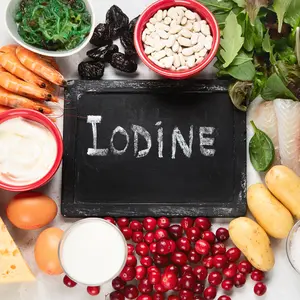

Food, Farming and Nutrition

Food, Farming and Nutrition
Understanding SIBO
Small intestine bacterial overgrowth, or SIBO, is a poorly understood condition that causes diarrhea, constipation, bloating, and nutrient deficiencies. Bacteria normally found in the colon overgrows in the small intestine leading to digestive abnormalities.
Its causes are many and include abdominal surgery; low stomach acid often resulting from medications, including narcotics; and slow function of the migrating motor complex (MMC)—the muscles in the digestive tract.
SIBO occurs at a high rate in those with celiac disease, endometriosis, irritable bowel syndrome, and low thyroid function, among other conditions. Diagnosis can be difficult and false negatives and positives are common. Endoscopy with a culture of the small intestine bacteria is one method, but can be invasive and expensive. A glucose breath test that measures hydrogen and methane is relatively inexpensive and can be performed at home.
Treatment of SIBO involves getting to the root cause, if possible. Based on the outcome of breath tests, a doctor may choose antibiotics or herbal antimicrobials along with fiber or probiotic supplement. Multiple rounds of treatment are often needed.
Symptoms can be managed by diet, including the low-FODMAP diet, a low carbohydrate diet. The Fast Tract diet, developed by microbiologist Dr. Norm Robillard, restricts fermentable carbohydrates. The Paleo diet restricts grains, legumes, dairy, sugar, processed foods, and alcohol, while the so-called GAPS (Gut and Psychology Syndrome) diet, developed by Dr. Natasha Campbell-McBride, is recommended for patients with neurological and GI disorders.
SIBO is a relapsing condition so taking preventive measures, like lowering the carbohydrates in your diet, is advised. Prebiotics and probiotics may offer protection for those at high risk. Enhancing motility—the function of the MMC—is recommended by reducing snacking, fasting between dinner and breakfast, and reducing chronic stress which can damage the intestinal lining.
REFERENCES
Kahn, S. (n.d.). SIBO: Small intestine bacteria overgrowth. Sara Kahn Nutrition. https://sarakahnnutrition.com/sibo



 By
By








